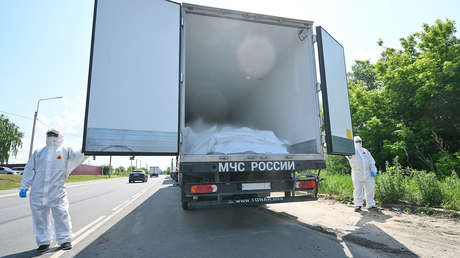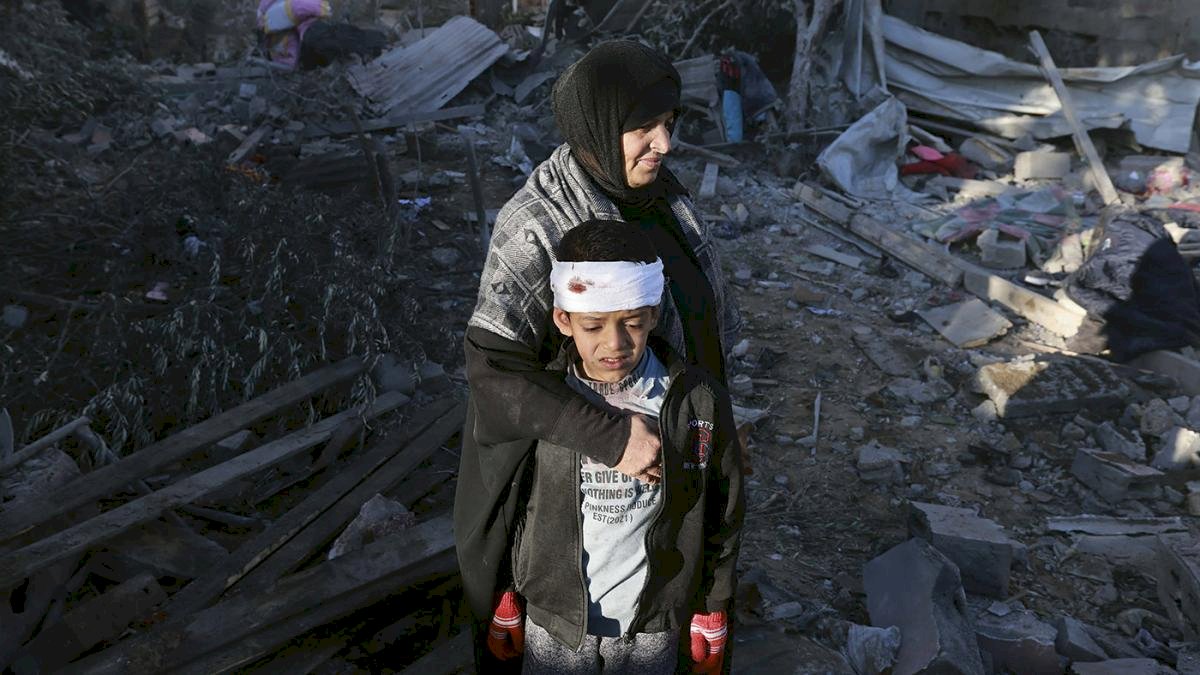
Mainstream Media: The Art of Making Genocide Invisible
By Aram Aharonian: The mainstream media has performed another magic trick: Palestine has disappeared from television news and newspaper front pages, in an attempt to make the massacres ordered by Israeli Prime Minister Benjamin Netanyahu forget, disappear, and deny.
In short, to hide the genocide of more than 60,000 Palestinians.
The relationship between wars and the media is complex and multifaceted: they play a crucial role in the coverage, interpretation, and perception of conflicts, both for the general public and for those directly involved. The way wars are reported can influence public opinion, international politics, and even the course of the conflict itself. Amnesty International proves that Israel is committing genocide in Gaza | Radio-Canada.ca
This is nothing new: since Napoleon, political and military leaders have attempted to misinform their opponents to hide their misdeeds and fabricate a social consensus to maintain morale. Disinformation is easy to document in retrospect, but very difficult to detect at the time, especially when it is repeated by the dominant print and audiovisual media.
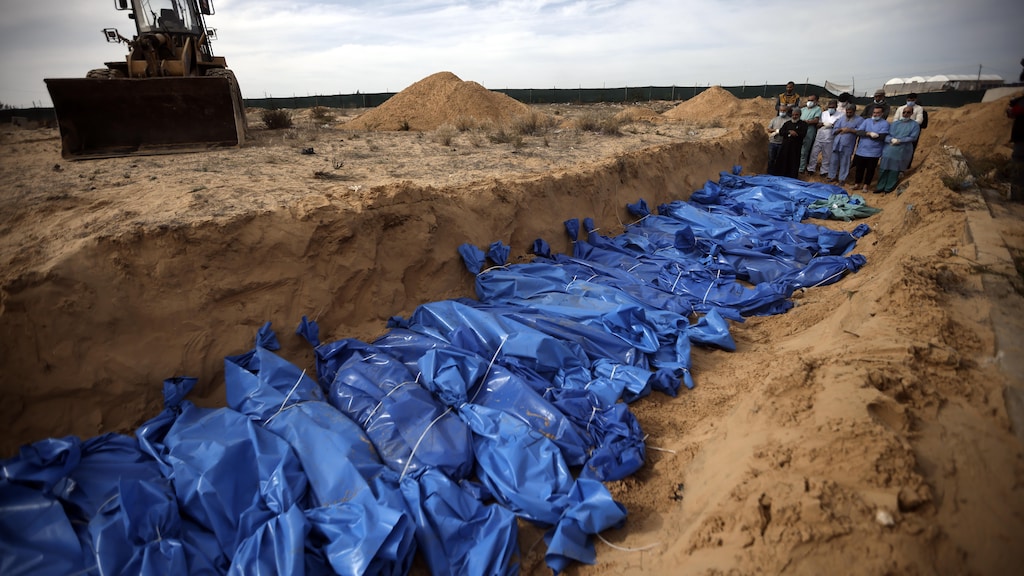
The relationship between truth and war is complex and often conflictual. War involves deception, propaganda, and the suppression of information. Truth should strive for objectivity and transparency. Despite these tensions, truth remains an important objective in times of war, both for the parties to the conflict and for the international community.
The discovery of the enormous economic value of information is due to the arrival of big capital in the media and the need to manipulate large markets to facilitate business and also the laundering of money from the sale of arms and drugs.

The UN Special Rapporteur's report on Gaza provides crucial evidence that should drive international action to prevent genocide - Amnesty International. In post-modern armed conflicts, since the Gulf War, there has been a rapid shift in the center of gravity from the power of arms to the power of information. Due to technological advances and the involvement of private companies, the form of warfare has changed.
Elites have formulated new communication strategies, promoted media centralization and sensationalist journalism, as well as "recycling journalism."
This is the result of the strengthening of the so-called military-industrial-media complex, that is, the interconnection between political and military power, the war industries, and the masters of the hegemonic press, at the expense of the media's credibility.
These changes were first felt in Operation Desert Storm and the Balkan wars, and then in the wars in Afghanistan and Iraq through the integration of journalists into the belligerents' armed forces to better control the flow of information and the strengthening of propaganda mechanisms.
Today, propaganda discourse prevails as the only truth, while journalists who take a critical approach and investigate are singled out, persecuted, discredited, or even killed.
Although direct links to the battlefields have brought the war into the home and the conflict has become a spectacle, information is poor and sterile. The mainstream media reproduces the discourse of political power about "humanitarian wars," "smart weapons," and "collateral damage," when in reality the number of civilians who lose their lives has multiplied compared to that of armed combatants.
The truth is the first casualty of war. The truth—or rather, aspects of the truth—are suppressed or distorted by propaganda and censorship. “If people really knew [the truth], the war would stop tomorrow,” British Prime Minister Lloyd George told the editor of the Manchester Guardian during World War I, when news was transmitted by telegraph.
The US government's decision to wage an open-ended war against “terrorism” after the September 11, 2001, attacks on the so-called Twin Towers in New York served as leverage to get American public opinion to accept the “more security” equation.
Making Genocide Invisible
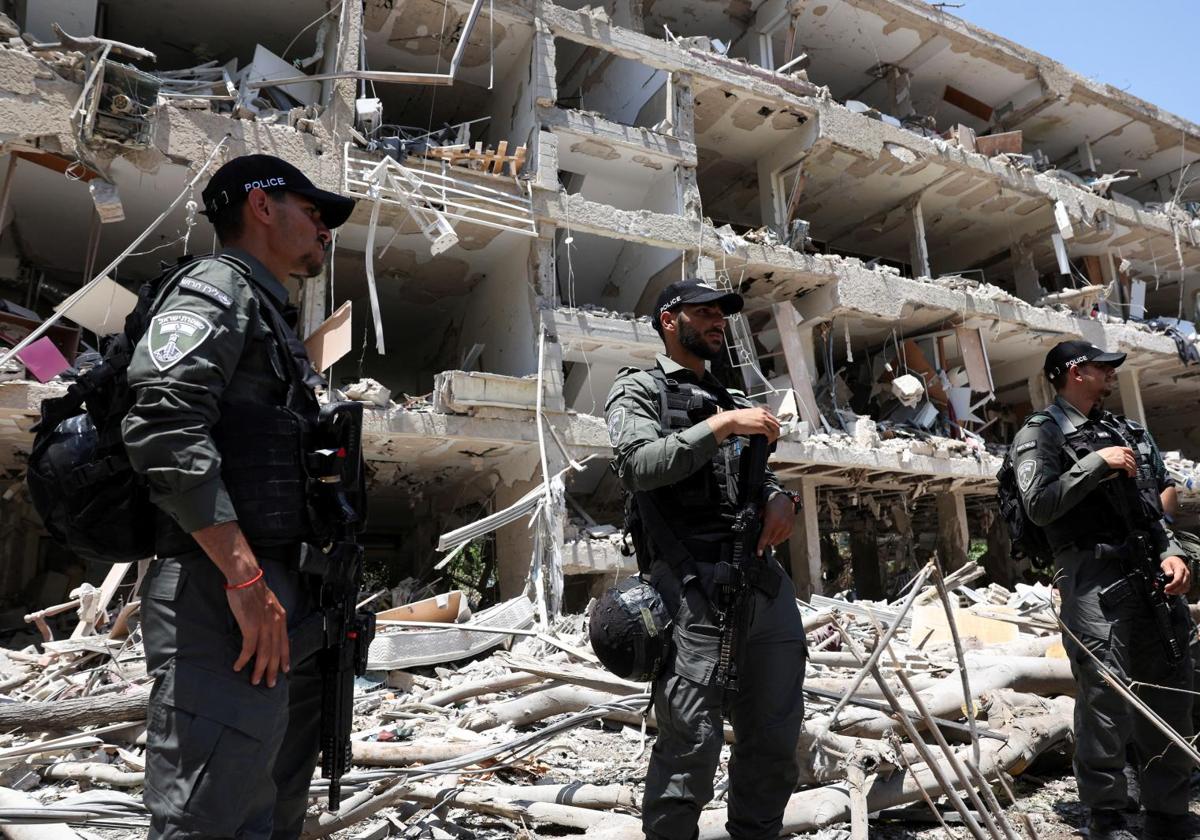
I was saying that Palestine has disappeared from the news. The mainstream media wants to force us to believe that the bad guys are the Iranians and how right Donald Trump was to bomb them, under the excuse of their nuclear development. Beware: that excuse could be used tomorrow to attack Argentina or Brazil.
Far from eliciting unanimous rejection by the international community of Prime Minister Benjamin Netanyahu's bloodlust and methods, the attacks have had the perverse effect—and one surely calculated by the Tel Aviv regime—of diverting global attention from the genocide carried out against the Palestinian people over the past 20 months.
But the massacre of Gazans and the dispossession of lands in the occupied West Bank continue at the same pace and are even accelerating, while the world's eyes look elsewhere.
The disinformation techniques of the mainstream media are similar to those of the war against Iraq. As of last week, Israel had killed 56,000 people and injured 131,138 in the Gaza Strip, at least 70 percent of whom were civilians. Added to this are those killed and kidnapped in the West Bank, Lebanon, Syria, Iran, and Yemen.
But here we are, the conflict in Ukraine is not discussed either, except to occasionally reaffirm that Russian President Vladimir Putin (sometimes even called a "communist") is a murderer and that poor Volodomir Zelensky asks for help, and the help he receives from the United States and Europe is not enough.
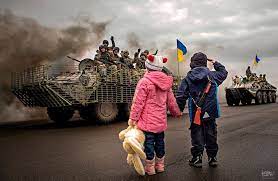
Talking about peace is outmoded. Nor is it a business, because war is. If half the budget that central countries spend on weapons were invested in food and medicine, it would be a significant step against famine. If one reviews the international press (and its local broadcasters), one sees only a few demonstrations for peace, against rearmament, in solidarity with Gaza.
The refrain that "Iran is about to manufacture its own nuclear weapon" has been repeated by the Israeli authorities for more than 20 years, even though Iran has a large Jewish community and Iranian society does not divide Jews and Persians: they are all Iranians.
But the United States and Israel are waging a war whose objective is not only the overthrow of a sovereign government, but the destruction of Iran, fragmenting it into regions along ethnic lines, as the "civilized world" is accustomed to doing elsewhere.
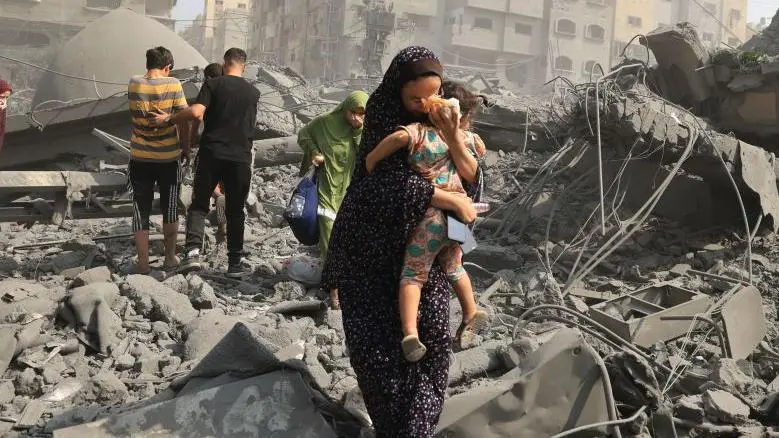
What is underway is the elimination of the last government in the Middle East that has not subordinated itself to the West; everything else is pure rhetoric. The power bloc composed of the United States, its military, financial, and technological allies, and the State of Israel as a major operational enclave, has defined halting China's structural rise as a priority.
This decision to attack Iran, which led Trump to risk impeachment by becoming fully involved without congressional authorization and proclaiming himself the "winner," is a clear example of how military pressure, with cutting-edge weapons technology and two-pronged maneuvering, becomes a tool of distraction and, above all, a tool of concealment of genocide, in which the United States appears closely linked to the Israeli government.
*Uruguayan journalist and communications expert. Master's degree in Integration. Founder of Telesur. He chairs the Foundation for Latin American Integration (FILA) and directs the Latin American Center for Strategic Analysis (CLAE).

